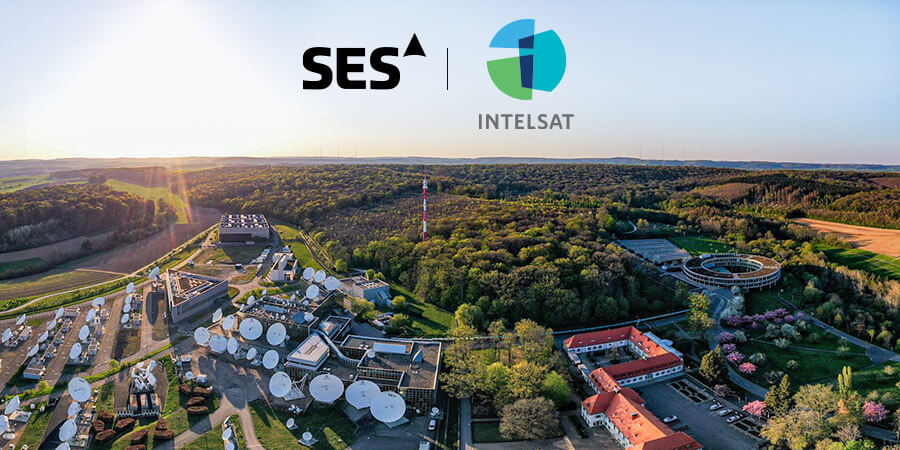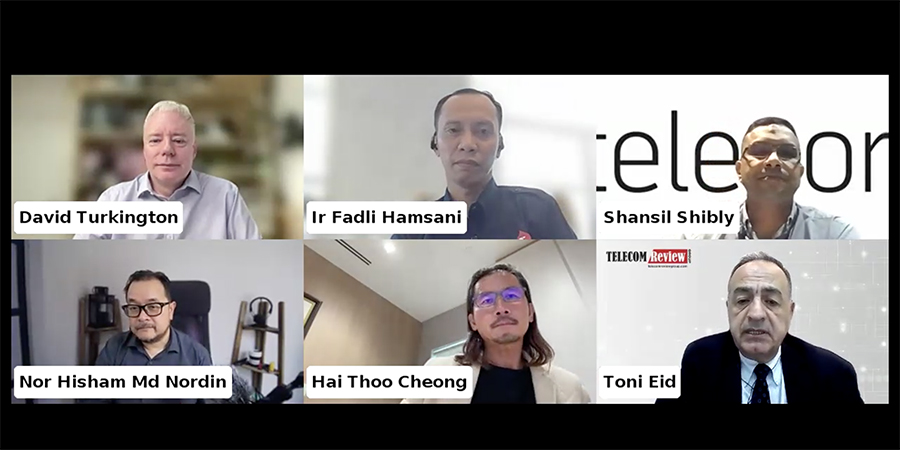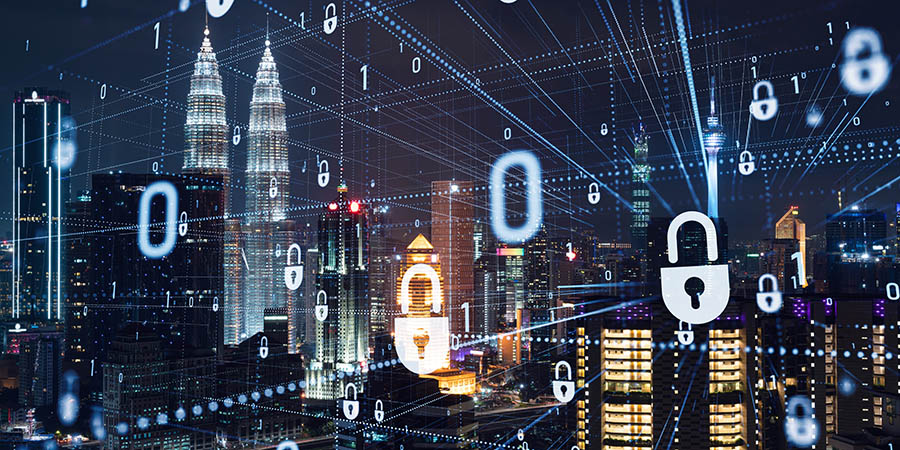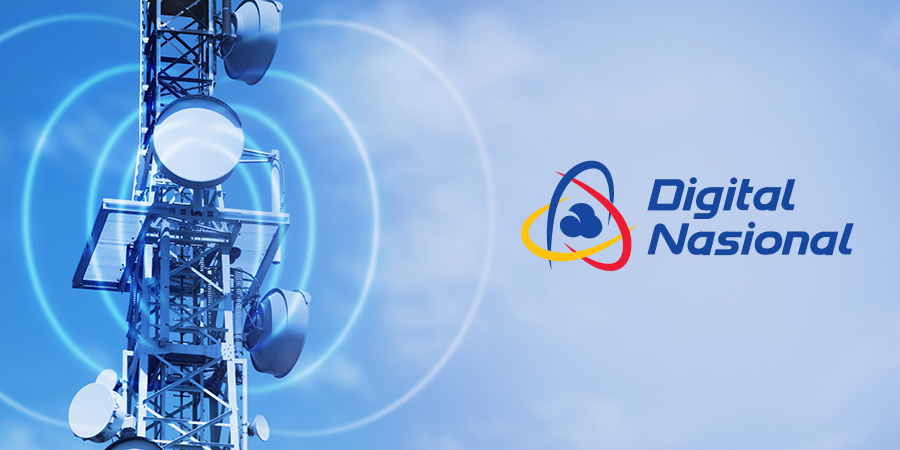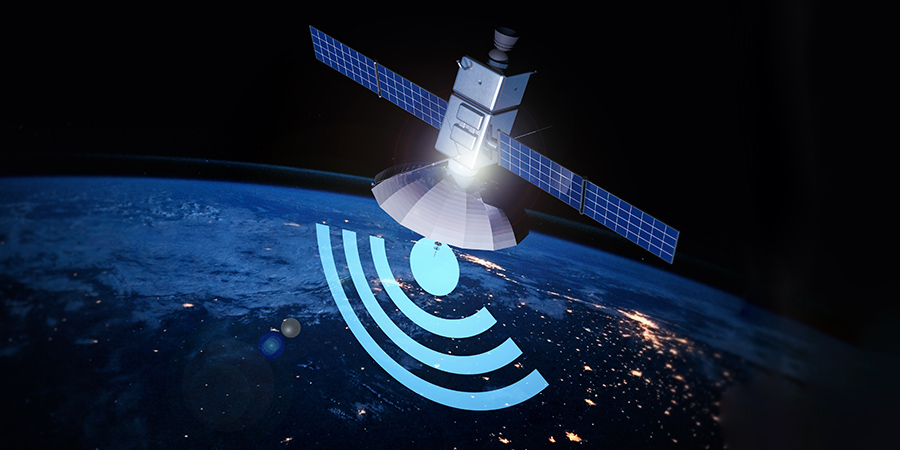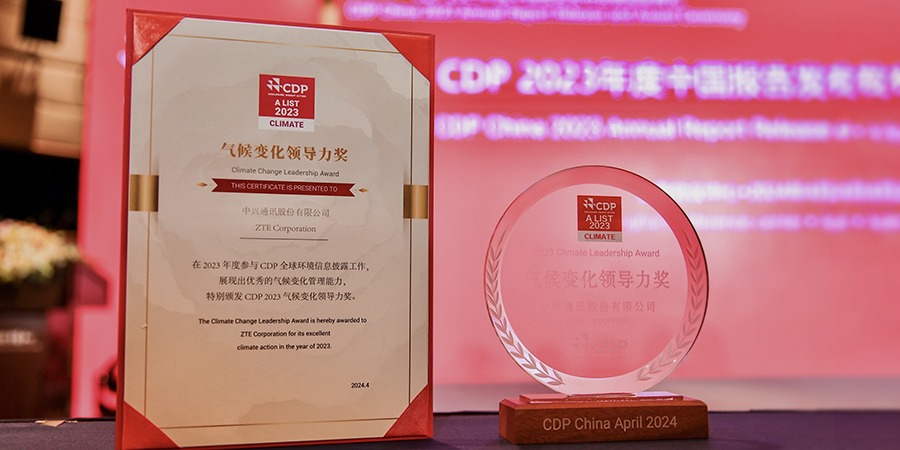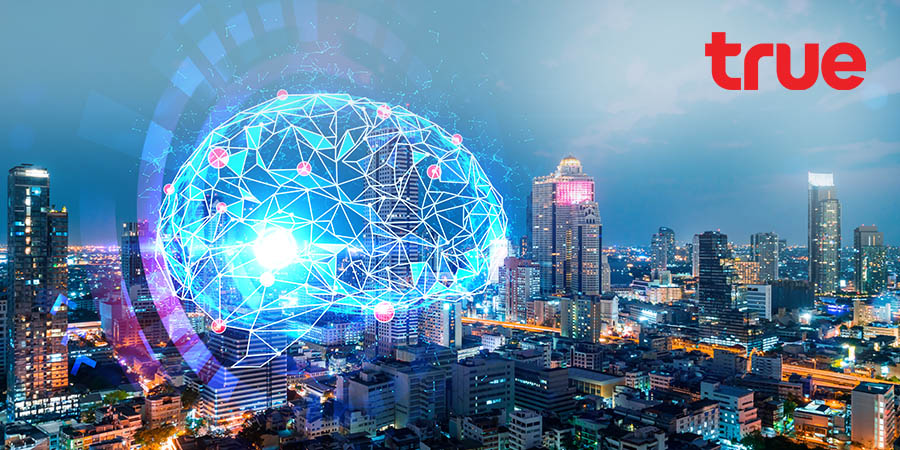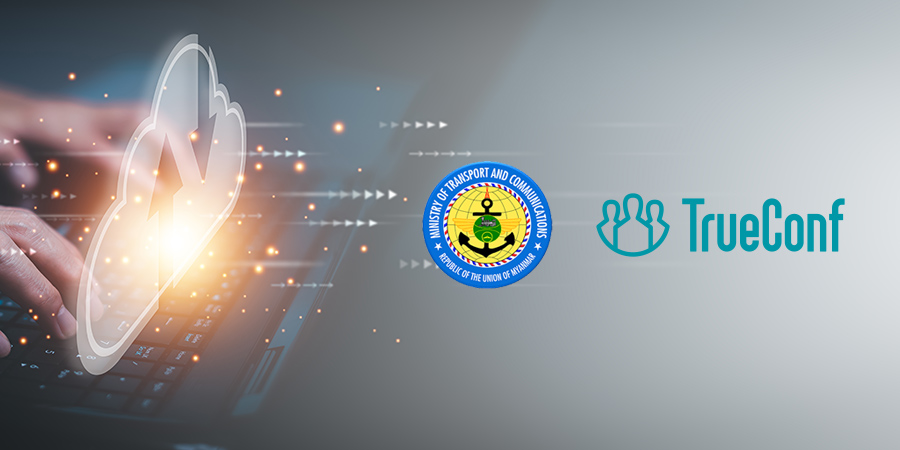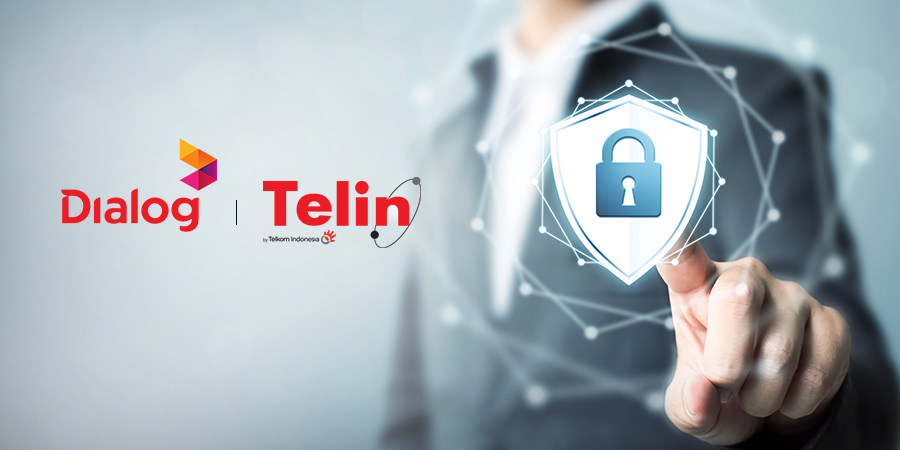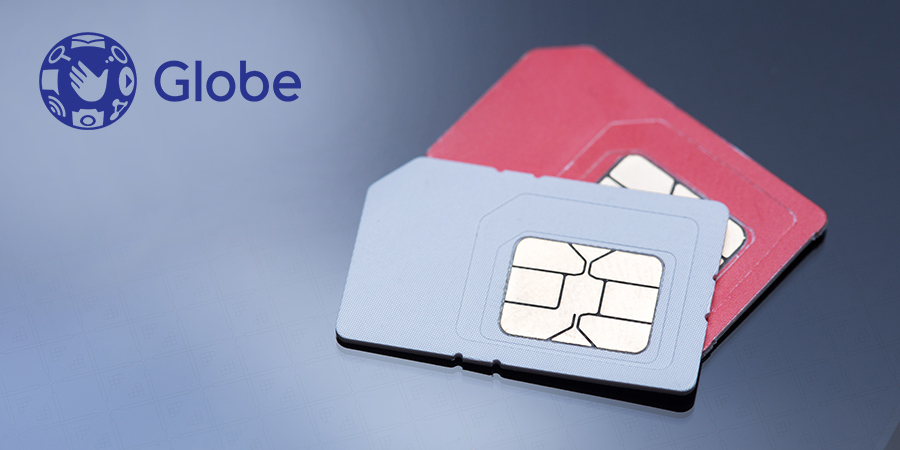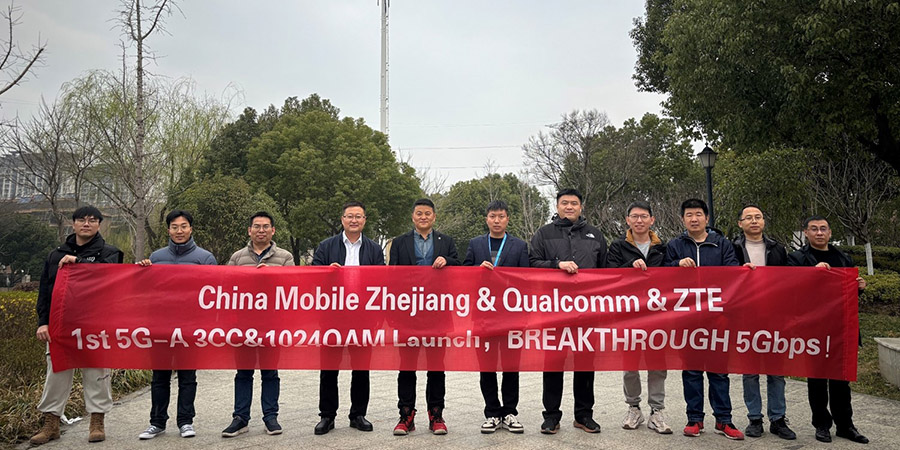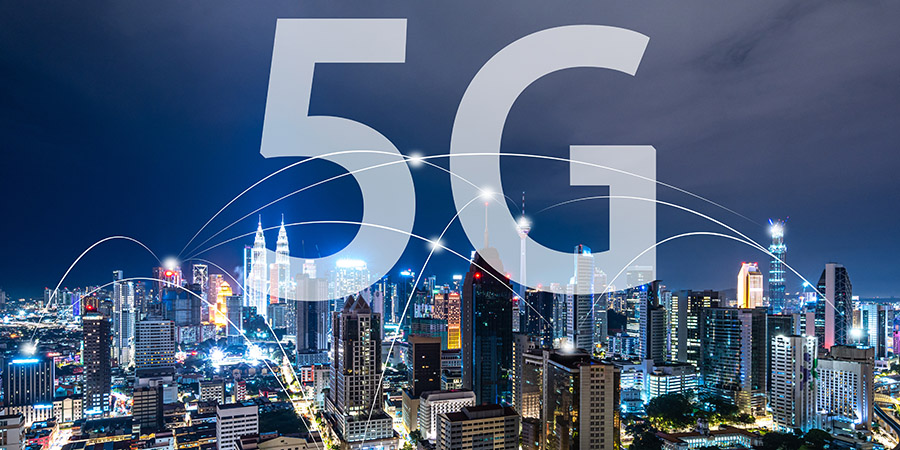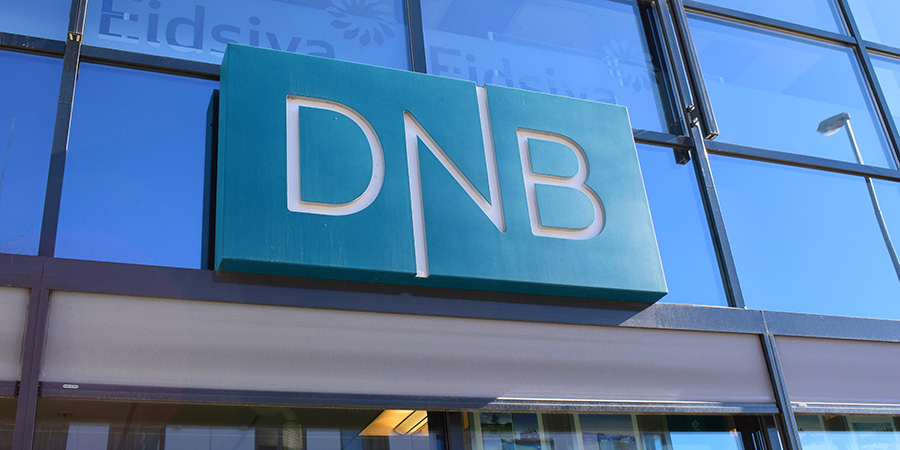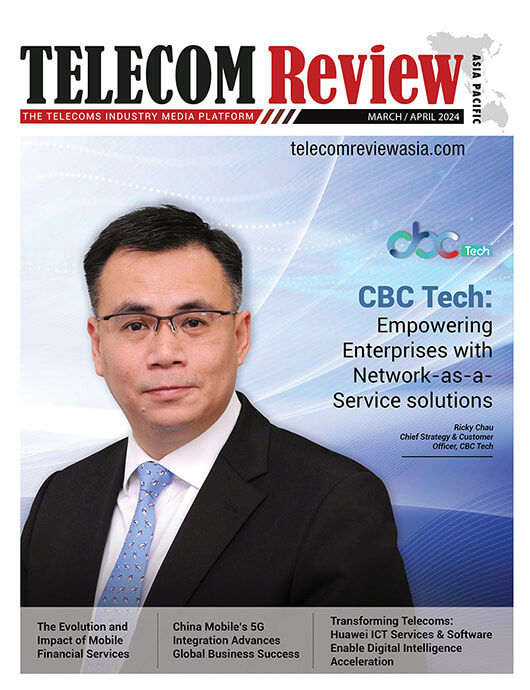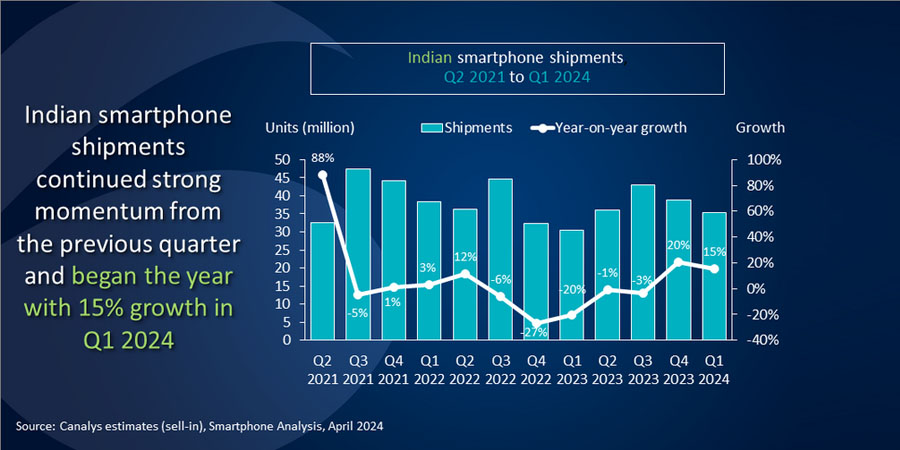In an exclusive interview at the Mobile World Congress 2024 in Barcelona, Spain, Tony Eid, CEO of Telecom Review Group conversed with Vikram Sinha, President Director and CEO of Indosat Ooredoo Hutchison (IOH), gathering insights into Indosat's journey towards techco status.
Both viewpoints provided valuable insights, highlighting the motivations, strategies, and goals guiding Indosat's transformation, offering a glimpse into the future of telecommunications not only in Indonesia but also on a broader scale.
A Strategic Transition
During the interview, Vikram Sinha was asked about Indosat’s reasoning behind making the strategic transition from a telco to a techco. He stated, “During the merger, Indosat focused on transforming rather than integrating, aiming to empower Indonesia and pivot towards becoming an AI-native techco. By leveraging scale and investing in technology and human capital, Indosat aims to deliver a superior customer experience and build trust in its brand.”
He further elaborated on the differences between an asset-heavy telco and an asset-light techco in the current market landscape. Sinha emphasized the importance of delivering shareholder value, providing excellent customer service, and optimizing digital infrastructure to support future growth.
When questioned about Indosat's long-term business goals, Sinha emphasized Indosat's commitment to doubling down on its core business, aiming for more than 10% growth, while also investing significantly in AI, cloud computing, and security.
“Indosat's goal extends beyond merely connecting a hundred million customers; Indosat aims to integrate into customers’ daily lives by addressing real challenges and contributing to Indonesia's development as an AI-driven nation. Through substantial investments in human capital, Indosat seeks to nurture talent locally and globally, aligning with their long-term business objectives,” he stated.
Regarding technological investments, Sinha underscored the utmost importance of prioritizing and investing in delivering an exceptional customer experience. Acknowledging past shortcomings, Indosat is committed to ensuring seamless experiences and simplifying product offerings.
He said, “Indosat’s overarching goal is to cultivate a base of loyal fans among its hundred million customers, with a relentless focus on providing outstanding service. This customer-centric approach drives the majority of our investment efforts.”
The Advancement of Indonesia's Digital Economy
Sinha also discussed how transforming into a techco could support the advancement of Indonesia's digital economy by improving connectivity, digital services, and inclusivity for small and medium-sized enterprises (SMEs) across the country, including rural areas.
He emphasized the importance of inclusivity, aiming to bring more SMEs into the digital economy by doubling their participation to 40% by 2027. This approach aligns with their techco strategy, poised to unlock Indonesia's full economic potential.
Sinha also highlighted Indonesia's potential as a global powerhouse, with its burgeoning gross merchandise value expected to reach USD 150 billion by 2025. He underscored the central role of companies like Indosat in driving the country's digital economy forward by ensuring high-quality connectivity and digital services, not only in urban areas but also in rural regions.
Indonesia is a country with over 17,000 islands, each occupied by people. However, there is a glaring challenge when it comes to infrastructure. Sinha stated that it is critical to develop transportation and infrastructure to connect all these islands. Therefore, the government has implemented forward-thinking policies that promote infrastructure sharing. Sinha shared that Indosat invests around USD 700 million annually, with over 50% of that going to rural areas. This investment has led to significant improvements in the quality of life for residents, and Indosat plans to continue investing in these areas.
Indosat has done well since the merger and has become one of the largest operators in the country. Sinha was then asked how Indosat plans to maintain this position. Sinha stated that Indosat’s focus is on providing an excellent experience for their customers.
“For us, it doesn't matter whether we are number one, number two, or number three; what matters is that we keep empowering every Indonesian and we stay true to our larger purpose— and that is where we get the maximum drive,” he concluded.



